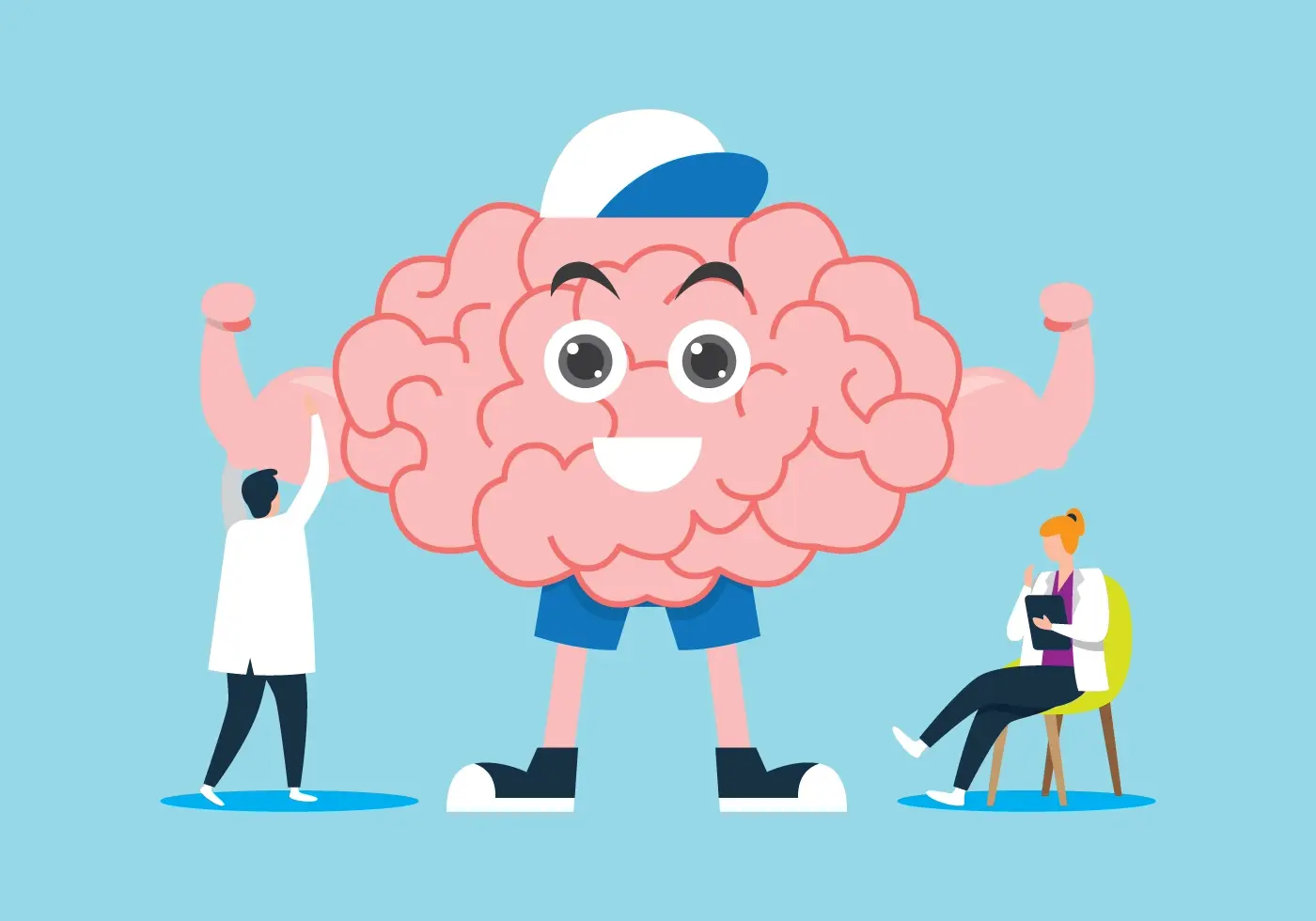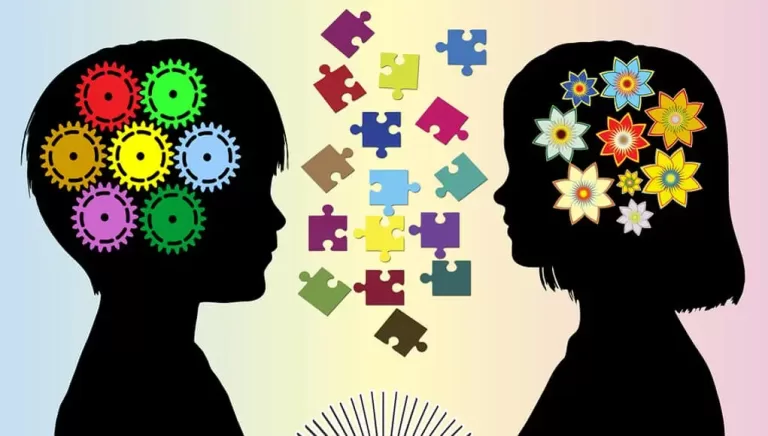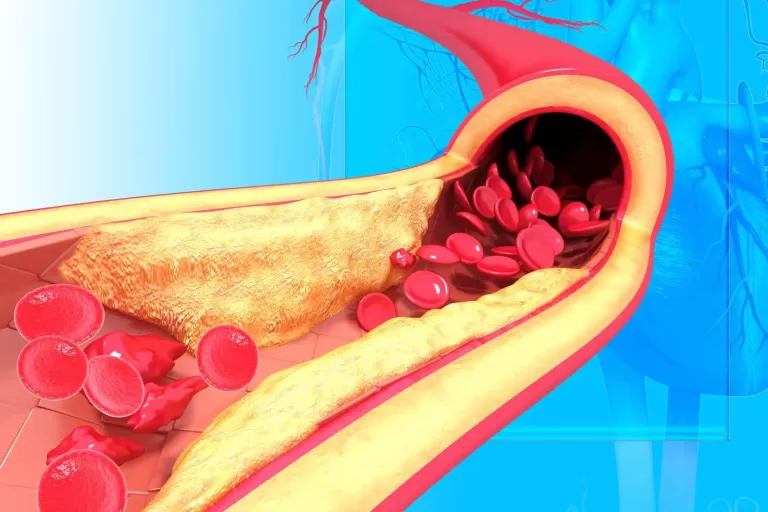
The Symbiotic Connection Between a Healthy Body and a Healthy Mind
This page may contain affiliate links. If you choose to purchase after clicking a link, I may receive a commission at no extra cost to you.
Introduction
The age-old adage, “a healthy body leads to a healthy mind,” is not merely a cliche; it holds profound truth backed by scientific evidence. The connection between physical well-being and mental health is a dynamic and intricate one. In this article, we explore the symbiotic relationship between a healthy body and a healthy mind and how taking care of one can positively impact the other.
Physical Health and Mental Health
- Chemical Balance:
Physical health plays a significant role in maintaining a chemical balance in the brain. Regular exercise, a balanced diet, and adequate sleep promote the release of neurotransmitters like serotonin and dopamine, which are vital for regulating mood and reducing stress and anxiety. - Stress Reduction:
Engaging in physical activities like yoga, meditation, or aerobic exercises triggers the release of endorphins, the body’s natural stress relievers. These endorphins not only reduce stress but also enhance overall mental well-being. - Cognitive Function:
A well-nourished body provides essential nutrients and oxygen to the brain. Proper nutrition supports cognitive functions, including memory, concentration, and problem-solving abilities. Nutrient deficiencies can lead to cognitive impairments and mood disorders. - Sleep Quality:
A healthy body promotes better sleep quality, which is essential for mental health. Sleep deprivation can lead to mood swings, irritability, and cognitive impairment. Conversely, a well-rested mind is more resilient to stress and emotional challenges.
Mental Health and Physical Health
- Mind-Body Connection:
Mental health issues, such as depression and anxiety, can have physical manifestations, including headaches, muscle tension, and gastrointestinal problems. Addressing mental health concerns can alleviate these physical symptoms. - Immune System:
Chronic stress, often associated with poor mental health, can weaken the immune system, making the body more susceptible to illnesses. Conversely, a positive outlook and good mental health can boost immune function. - Healthier Habits:
A healthy mind is more likely to engage in positive lifestyle choices. Individuals with good mental health are more inclined to avoid harmful behaviors like excessive alcohol consumption and smoking, leading to better physical health.
Conclusion
The intricate interplay between a healthy body and a healthy mind underscores the importance of a holistic approach to well-being. Fostering physical health through regular exercise, proper nutrition, and adequate sleep can positively impact mental health by promoting chemical balance, reducing stress, and enhancing cognitive function.
Conversely, addressing mental health concerns and reducing stress can lead to improved physical health outcomes, including a stronger immune system and better overall physical well-being.
In essence, a healthy body and a healthy mind are not isolated entities but are deeply interconnected, each influencing the other. By nurturing both aspects of our well-being, we can achieve a harmonious and balanced life that promotes longevity, happiness, and resilience in the face of life’s challenges.







Leave a Comment